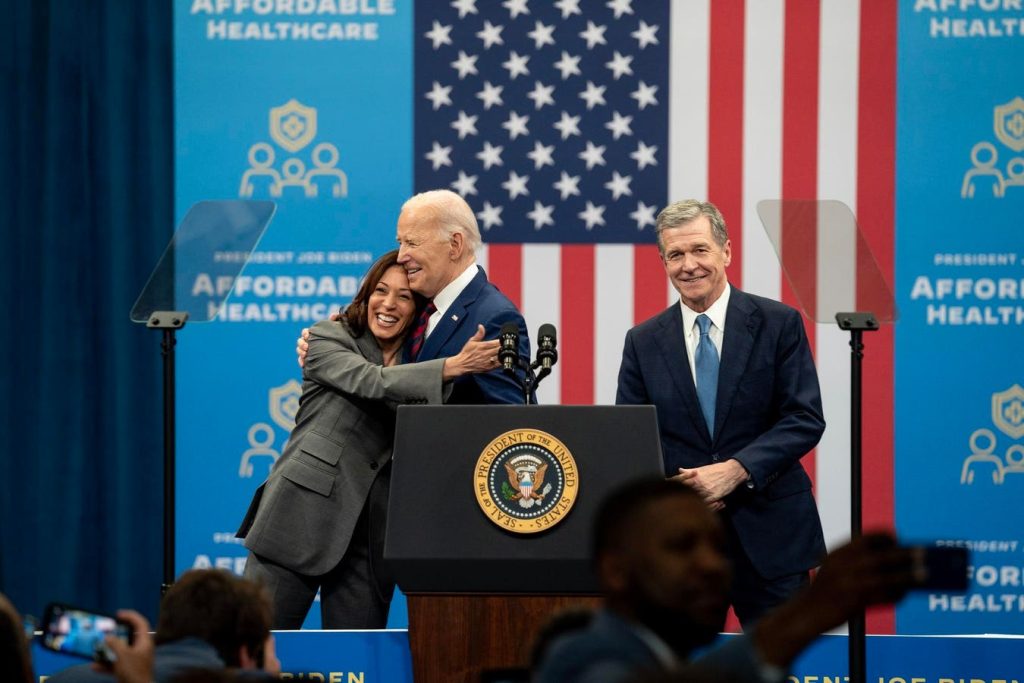Governor Roy Cooper of North Carolina has been vehemently opposing a bill that seeks to expand funding for the state’s Opportunity Scholarship program, a voucher program that allows families to send their children to private schools. The Senate has already passed the bill and it is awaiting consideration in the House. The program was established in 2013 and Governor Cooper, along with legislative Democrats, are against the provision that made eligibility for the program universal by removing income restrictions.
The main argument put forth by Governor Cooper and Democrats is that by making the school choice program universal, it takes money away from public schools and gives it to wealthy families for private school vouchers. They believe that instead of expanding funding for the school choice program, the focus should be on providing an 8.5% raise to teachers. Governor Cooper believes that upper-income families should not be receiving any form of education voucher, even if it is means-tested.
One of the main criticisms leveled against Governor Cooper is the inconsistency in his stance on education funding. While he opposes allowing the children of upper-income households access to education vouchers, he does not object to those same families sending their children to public schools, with taxpayers spending significantly more per student in the public school system than the value of the vouchers provided through the Opportunity Scholarship program.
A comparison is drawn between Governor Cooper’s opposition to expanded school choice in North Carolina and the support by some Democrats in Pennsylvania for a similar program. While Governor Cooper is likely to veto the bill increasing funding for the Opportunity Scholarship program, his counterparts in Pennsylvania have shown more openness to education vouchers and school choice. Despite his opposition and potential veto, the bill is expected to pass due to the Republican supermajority in the North Carolina General Assembly.
Governor Cooper’s stance on expanded school choice is further questioned due to his support for President Biden’s student debt relief initiative, which is seen to disproportionately benefit high-income filers. The Wharton School’s analysis of President Biden’s student debt relief proposals revealed that beneficiaries have an average annual income exceeding $312,000. This raises concerns about the contradictory nature of Governor Cooper’s positions on education funding and taxpayer aid to high-income individuals.
As the debate over education funding continues in North Carolina, it remains to be seen how Governor Cooper will navigate the opposition to expanded school choice in the state. With the legislative Republicans likely to override any veto, the increased funding for the Opportunity Scholarship program is expected to be enacted in the coming weeks. However, many believe that Governor Cooper should find a more robust argument against the expansion of school choice, especially considering his support for initiatives that provide taxpayer aid to well-off individuals.


